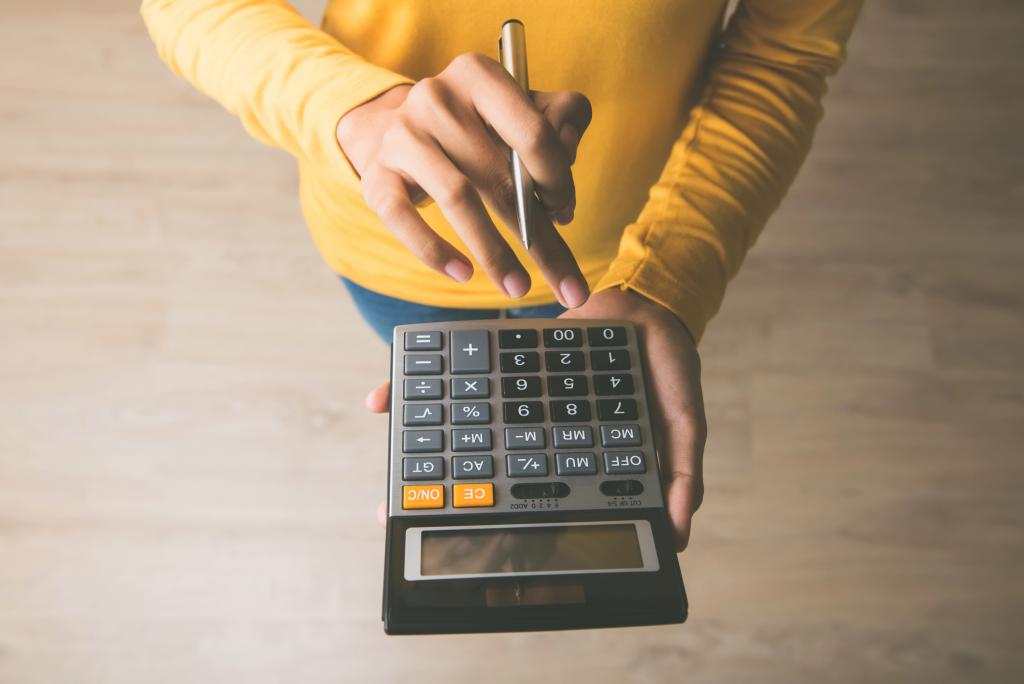
How is a business valued on divorce? In many of the divorce situations we deal with there are business assets to consider. The suggestion that a business should be professionally valued often strikes fear into the heart of the business owner/s. This article looks to explore the issues around owning a business in a divorce.
How is a business valued on divorce?
When a couple separate and there are financial issues to resolve, it is usual to complete a Form E – this is a form which summarises, with documentation in support, the financial position of each of the couple.
If there is a business, the business owner is required to attach two years worth of business accounts and to give details of their assessment of the value of the business, as well as dealing with their income from it. Often, the business owner will seek input from their accountant. This is a good starting point.
The non-business owner in a divorce
If advising the non-business owner in a divorce, we will often take the advice of an independent/shadow accountant to ascertain whether the information provided by the business owner and/or their accountant is realistic, particularly as the business accountant is often perceived to be in a position of conflict.
That independent advice then often determines whether it is proportionate to incur the expense of a full independent valuation of the business. This may be relevant where it is quite clear that the value of the business has been under-estimated in the Form E or if there are particular nuances as to how the business operates or how income (and future income) may be drawn down from the business.
Additional issues to consider
Often advice is not only sought just to determine the value of the business, but also to assist the parties with options for de-merging, liquidity and tax advice. These additional issues are really important to consider. Therefore, even if the parties are able to agree the value of the business, there are other factors which need to be considered.
Undertaking a professional valuation
If it is concluded that a professional valuation should be undertaken then this should be done on a joint and formal basis and the expert would then be known as the ‘single joint expert’.
This is to ensure that all of the information is given to the expert in a neutral manner rather than the expert receiving conflicting instructions. The cost of the single joint expert is usually shared equally between the parties and the expert’s opinion becomes binding on the parties in most cases. Questions can be raised following receipt of the valuation, but these should be for the purpose of clarification only.
Determining the value of the business provides a platform for useful settlement negotiations. It is often the case that the business is retained by one spouse and that the other receives a capital sum in settlement of their interest. It is important, however, that the valuation of the business is determined before settlement negotiations take place, and therefore early advice is essential.
If you are seeking advice or have any questions in relation to this article then our Family team will be happy to assist you.
